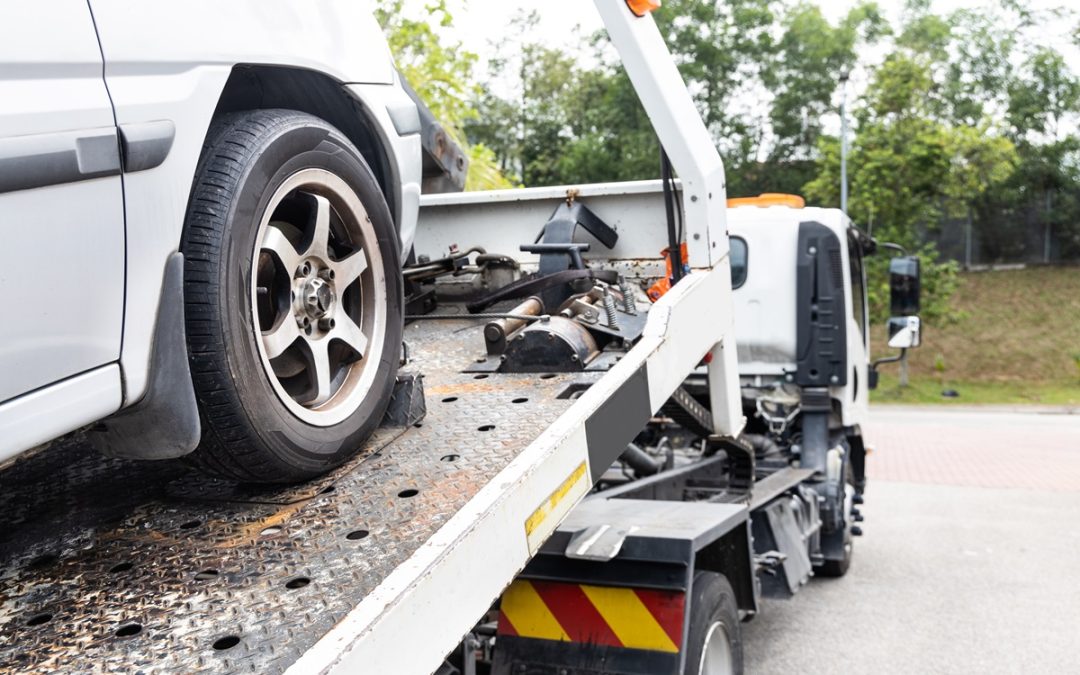The trucking industry, an integral part of the global supply chain, frequently encounters various operational challenges, one of which is predatory towing. This issue not only disrupts logistics but also imposes undue financial burdens on trucking companies. This comprehensive guide delves into the complexities of predatory towing, offering insights into its prevalence, the mechanisms behind it, and effective strategies for identification and prevention.
The Pervasiveness of Predatory Towing Practices
Nationwide Concerns and Alarming Statistics
Predatory towing has escalated into a national dilemma, significantly impacting trucking operations across the United States. A recent study by the American Transportation Research Institute titled “Causes and Countermeasures of Predatory Towing” sheds light on the gravity of this issue. The findings are startling, with 30% of surveyed trucking invoices featuring exorbitant charges. Furthermore, approximately 80% of motor carriers have reported receiving invoices laden with excessive fees, underscoring the rampant nature of this problem.
High-Risk Zones for Trucking Operations
Companies with a nationwide presence, such as Cowan Systems, are particularly susceptible to predatory towing. Operating across diverse regions exposes these entities to unfamiliar territories where establishing trusted local connections, especially for emergency services like towing, is challenging. This lack of localized networks places trucking companies in a vulnerable position, often leading to encounters with unscrupulous towing service providers.
Mechanisms of Predatory Towing
Exploitation of Time Sensitivity in Trucking
The trucking industry’s emphasis on timely deliveries makes it a prime target for predatory towing practices. Towing companies exploit this urgency by seizing trucks or cargo, effectively holding them “hostage” until inflated invoices are settled. This practice ensures that the towing company maintains leverage, capitalizing on the trucking company’s need for swift vehicle and cargo recovery.
The Role of Inconsistent Regulations
The absence of uniform regulatory frameworks across jurisdictions further exacerbates the issue. Towing regulations vary significantly from state to state and even between localities, creating a complex and often exploitable legal landscape. Some areas lack towing regulations altogether, offering a fertile ground for predatory practices.
Enforcement Challenges
The enforcement of existing regulations, or the lack thereof, is another critical factor. Law enforcement agencies often classify towing disputes as civil matters, limiting their intervention capabilities. This lack of active enforcement emboldens towing companies to engage in predatory practices with minimal risk of repercussions.
Identifying Predatory Towing Practices
Scrutinizing the Towing Invoice
Trucking companies need to exercise due diligence when reviewing towing invoices. Indicators of predatory towing include:
- Per-Pound Billing: This billing method, especially prevalent outside Maryland, often bears no correlation to the actual services rendered by the towing company.
- Excessive Surcharges: Charges that are incongruent with the circumstances of the tow, such as weather surcharges on clear days or miscellaneous fees for snacks and communication, are red flags.
- Unjustified Personnel and Equipment Charges: Invoices billing for personnel not present at the scene or equipment not utilized during the tow are indicative of predatory practices.
Mitigation Strategies
To combat predatory towing, trucking companies should:
- Conduct Rigorous Invoice Audits: Thoroughly review each towing invoice for irregularities and challenge any unjustified charges.
- Establish Local Networks: Build relationships with reputable local towing services in operational areas to reduce the reliance on unknown, potentially predatory, tow providers.
- Advocate for Regulatory Reforms: Engage in industry-wide efforts to standardize towing regulations and strengthen enforcement mechanisms.
Conclusion
Predatory towing poses a significant threat to the trucking industry, imposing undue financial strains and operational disruptions. By understanding the mechanisms behind these practices and adopting proactive identification and mitigation strategies, trucking companies can safeguard their operations and financial health against this pervasive issue.

